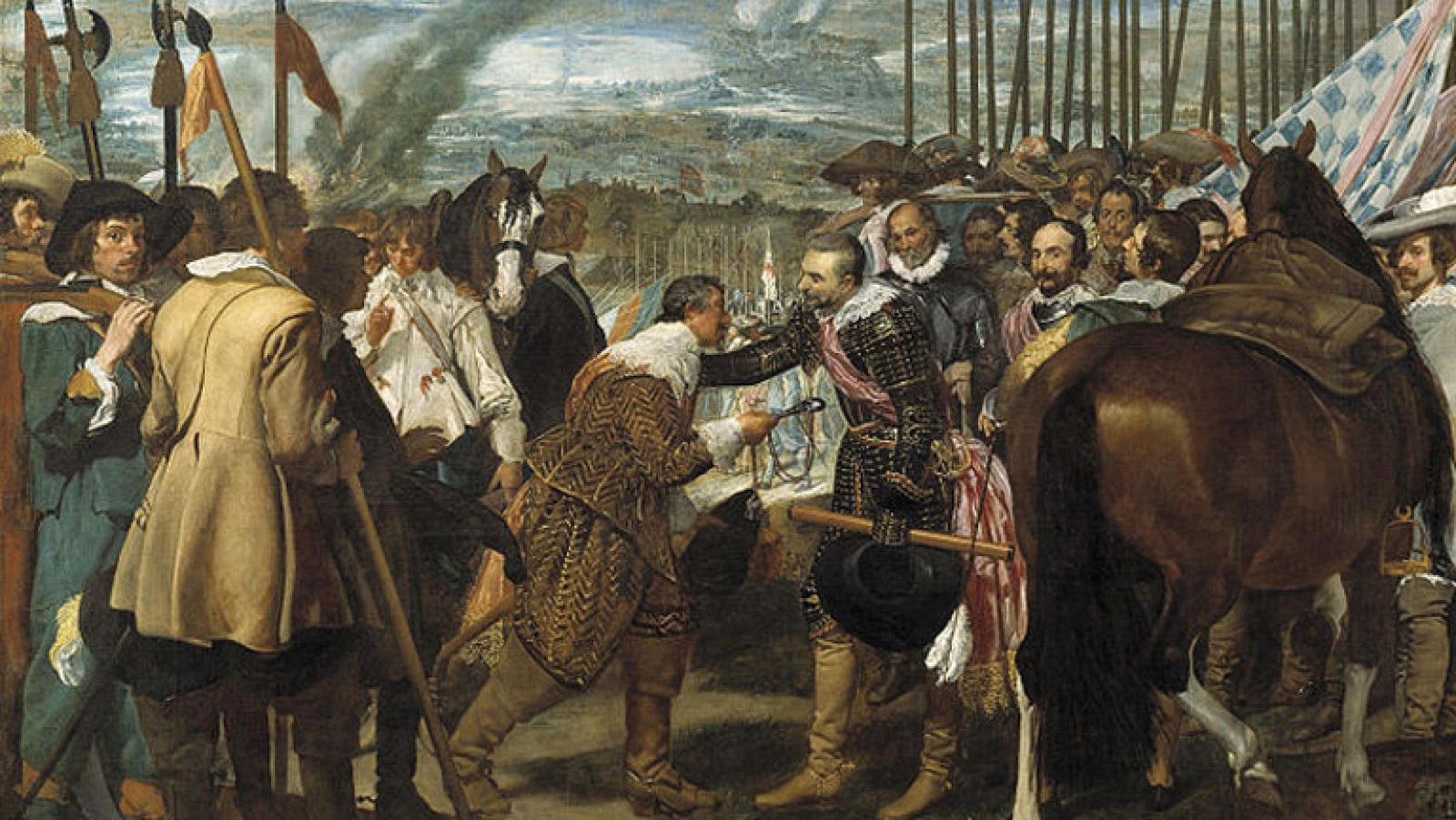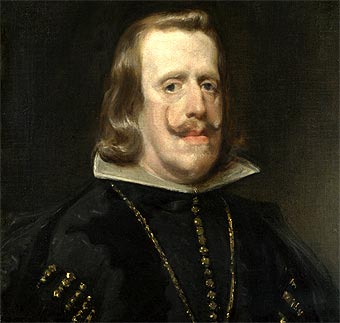FOREIGN POLICY
-Olivares that he should commit Spain to a more aggressive foreign policy in alliance with the Holy Roman Empire. This would lead Philip to renew hostilities with the Dutch.
-The 1620s were good years for Spanish foreign policy: the war with the
Dutch went well, albeit at great expense, culminating in the retaking of the key city of Breda
in 1624.

-By the end of the decade, however, Philip's government was
faced with the question of whether to prioritise the war in Flanders or
Spain's relationship with France during the War of the Mantuan Succesion (1628–31).
-The triumph of Philip's government in raising a fresh Spanish army, marching it into Germany to defeat the Swedish-led Protestant forces at the Battle of Nordlingen in 1634.
The increased tensions with France made war between the two Catholic states increasingly inevitable.




